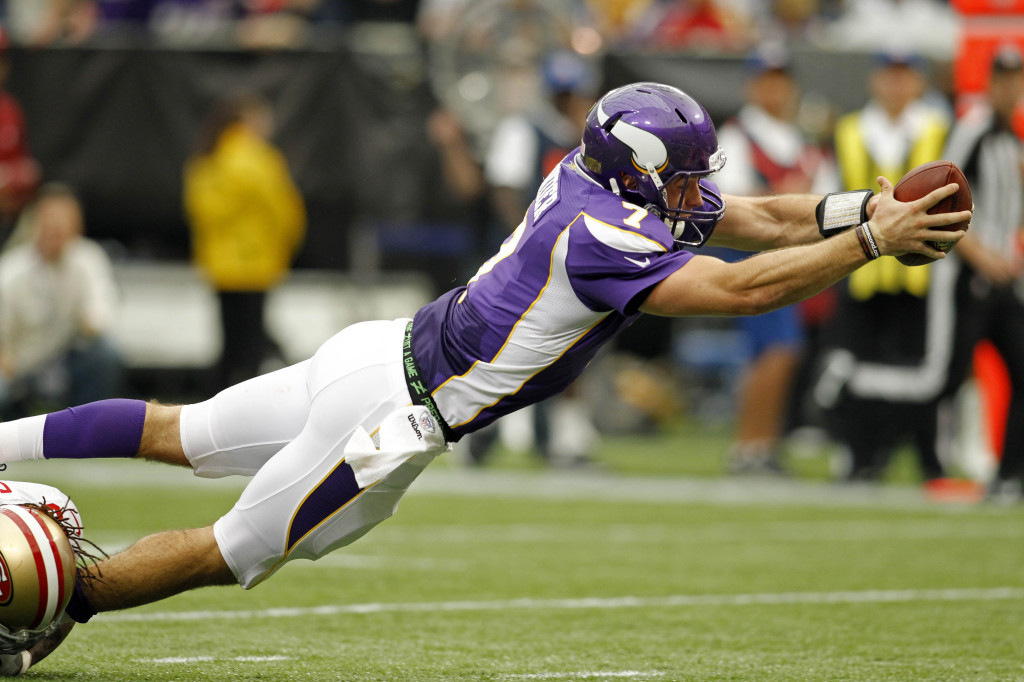 Condoning behaviour through support and passivity
Condoning behaviour through support and passivity
By Cazzy Lewchuk, Staff Writer
Major entertainment organizations, particularly ones in the sports industry, are often subject to scrutiny. Every employee is expected to reflect a good standard for the organization, and scandals can be harmful to reputations of their companies as a whole. The amount of damage caused in lost business, bad publicity, and loss of jobs causes all organizations and customers to be vigilant in their tolerance policies.
However, it’s impossible to get rid of all the controversy, no matter how well-regarded a corporation may be. In particular, pro-sports leagues are hit with bad press all the time: drugs, racism, assault, abuse, bigotry, bribes, and corruption are all too common for these organizations with values of teamwork and honesty. Whether or not the blame lies within the stressful and competitive nature of the industry, the policies in practice for the league, players, coaches, and executives themselves are still debated today.
We must remember that scandals perpetrated within sports organizations are not reflective of the entire league, no matter how many people seem to be involved. Recently, NFL player Ray Rice of the Baltimore Ravens was indefinitely suspended and charged after a video surfaced of him punching and knocking out his then-fiancée. Such incidents are never justified, should be treated with nothing but contempt, and are sadly far too common in the entertainment and sports world. The incident has led to a lot of discussion about the NFL’s response to assault and other crimes committed by their players, with many feeling the company does little to prevent or respond to such situations. Some have called for a boycott to the Ravens or even all of the NFL.
Large-scale boycotts or denouncing organizations after controversies not only do little to improve the conditions, but may contribute to the non-progressive policies in place. This particular incident is shining bad publicity on the NFL at every level. Understandably, the organization wants the incident behind itself and wishes it had never happened. The NFL’s goal is to continue to orchestrate football games for millions of viewers to enjoy—many of whom have little knowledge of the incident in question. Due to the vocal criticism hurting its reputation, defenders of the league (employees or customers) may seek to shut the critics up as quickly as possible, setting aside the reasons for the criticism.
An entire boycott of the NFL is obviously incredibly unlikely to happen, but well-reasoned critiques of a particular policy change, with enough support, would better help the league prevent and respond to scandals in the future—more so than an unfocussed boycott would.
At its heart, no organization is fundamentally wrong. The NFL, NHL, NBA, MLB, and any other entertainment/sports network provides jobs and entertainment to millions of people. Working together to create appropriate policies and an open, safe league is in everyone’s best interests—and it’s only when we take a very specific look at the problems in question that it can happen.
